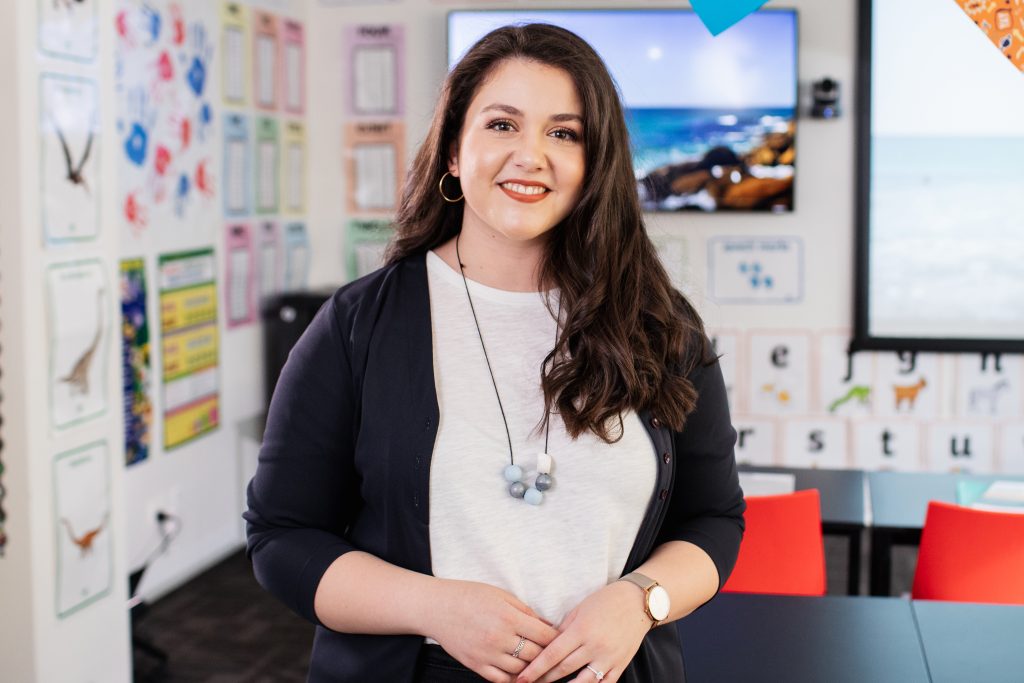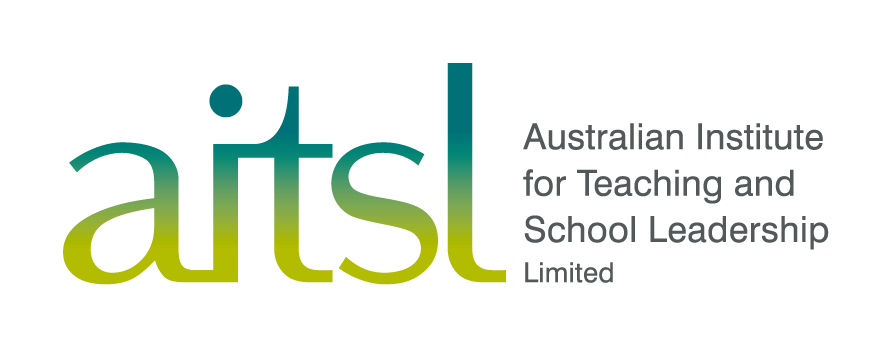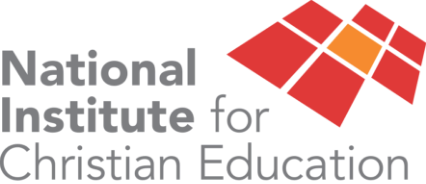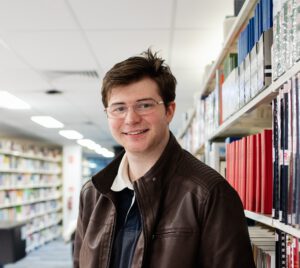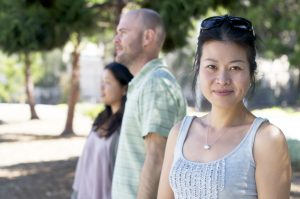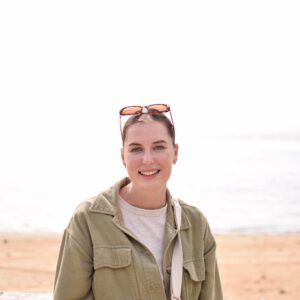This unit outlines the Australian Curriculum and NESA Syllabus content for this area of study. Students will engage with the latest research in the area and have an opportunity to develop their own teaching plans and programmes. The unit content includes specific teaching pedagogical practices as well as curriculum specialisation
Students advance their skills in critically examining literacy and gain tools to asses thier class and progress the efficacy and skills of children K-2. The subject focuses on current pedagogies developed through the process of research and evidence-based outcomes which will equip future educators.
This unit outlines the Australian Curriculum and NESA Syllabus content for this area of study. Students will engage with the latest research in the area and have an opportunity to develop their own teaching plans and programmes. The unit content includes specific teaching pedagogical practices as well as curriculum specialisation
This unit outlines the Australian Curriculum and NESA Syllabus content for this area of study. Students will engage with the latest research in the area and have an opportunity to develop their own teaching plans and programmes. The unit content includes specific teaching pedagogical practices as well as curriculum specialisation
This unit provides an opportunity for Teacher Education students to investigate the use of innovative and research-based teaching approaches for a teaching area or an area of interest for pedagogy specialist skill development. Research-based evidence of how the brain learns and retains information will form the basis of pedagogies in practice. Students will also consider how to embed principles and values in pedagogy. Subject specific pedagogy will be explored as a basis for maximising student engagement and establishing effective classroom management practices. Specific attention will also be given to developing differentiated teaching and assessment resources with the innovative use of technologies, including Generative AI, to meet the diverse needs of learners.
This unit provides an opportunity to use effective pedagogical practices in relation to the junior secondary (Stage 4 and 5) curriculum of intending secondary teachers chosen teaching area(s). Teacher Education students will engage with their curriculum area to examine its content, core philosophies and value in contemporary society. Effective pedagogical practices will be examined and practiced in relation to the curriculum content, including planning and sequencing, explicit modelling and scaffolding, assessment and feedback. Teacher Education students will engage in micro-teaching to practice communication skills to support student learning in their subject area.
CRS441 Curriculum Studies - Integrated Sciences deals with science as it characterises primary and secondary school curricula. Science can be an uncomfortable topic in many Christian schools, sometimes being seen as the basis for a secular worldview that the school explicitly exists to challenge. The way that some people use science in irritating and distressing attacks on faith makes such suspicion understandable. However, many of these disputes rest on naïve and simplistic accounts of both science and faith. Science is an important part of contemporary life and a compulsory part of schooling, so those responsible for teaching it require a deeper understanding of such issues than may be the case for others, within the contexts of teaching and learning that they share with their fellow teachers. CRS441 integrates concern for such issues with teaching practice in contemporary Christian schools.
Students will explore the use of ICT to implement responsible and ethical solutions to problems in a society characterized by rapid technological change, global communication and increasingly competitive knowledge-driven economies. This course provides an introduction to curriculum, pedagogy and assessment for teaching the NESA’s Computing Technology Years 7-10 (2022) Syllabus. It provides students with an opportunity to understand the various discourses that inform teachers' knowledge and pedagogical practice as well as critically engaging with models of pedagogy. In this subject, students will also explore ways in which the development of ICT skills can be embedded across the curriculum to meet relevant Year 7-10 requirements.
This subject, prepares teacher education students to teach Studies of Religion I and II, Years 11-12 NESA syllabuses. It is designed to advance knowledge and understanding of key theoretical and pedagogical perspectives and issues in the teaching of Studies of Religion. It examines current developments in the theory and practice of Studies of Religion education. Students will work independently, collaboratively and interdependently to develop their capabilities in planning and implementing appropriate curriculum and pedagogy in light of Christian and alternate worldview. The subject aims to develop students’ knowledge of theoretical and practical aspects; engage with a range of pedagogical approaches and provides opportunities for the pre-service teachers to design learning and teaching sequences and assessment tools informed by research.
Almost all pupils experience Integrated Science in primary and the first years of secondary school. CRS441 Integrated Sciences dealt with teaching and learning issues arising in such science courses and provided an outline of theory and practice in such mandatory science teaching. CRS541 Physics, CRS542 Chemistry and CRS543 Biology are other courses within the science education suite that deal with discipline-based courses that are more characteristic of the senior secondary years and are attempted by fewer secondary pupils. Biology can seem more challenging for many of the families that trust their children to Christian schools, so CRS543 builds on the broader issues encountered in the earlier course, with a focus on developing pupil thinking through research and field work. Each of the courses within this suite is focused on a broad function within teaching and learning in the secondary school. CRS543 engages with implementation and assessment of pupil research and fieldwork.
CRS441 Integrated Science dealt with science courses that characterise almost all learner experience of secondary school curricula. CRS541 Physics and CRS542 Chemistry deal with discipline-based courses that are more characteristic of the senior secondary years and are attempted by fewer learners. Chemistry can seem more comfortable for many Christian schools, so CRS542 builds on the broader issues you encountered in the earlier course, with a focus on strategies that depend on learner activity and on the reporting issues that arise from learning that involves the development of specific skills, as well as particular knowledge.
CRS441 Integrated Science dealt with science courses that characterise almost all learner experience of secondary school curricula. CRS541 Physics and CRS542 Chemistry deal with discipline-based courses that are more characteristic of the senior secondary years and are attempted by fewer learners. Physics can seem more comfortable for many Christian schools, although CRS441 indicated that such has not always been the case.
CRS541 builds on the broader issues you encountered in the earlier course, with a focus on strategies that rest on teacher planning and presentation and on the evaluation issues that arise as curriculum policy moves Physics beyond applied mathematics.
This subject prepares pre-service teachers to teach a comparative religions course such as the New South Wales Studies of Religion syllabus for Years 11-12 developed by NESA. It is designed to advance knowledge and understanding of key theoretical and pedagogical perspectives and issues in the teaching of Studies of Religion. It examines current developments in the theory and practice of Studies of Religion education. Students will work independently, collaboratively and interdependently to develop their capabilities in planning and implementing appropriate curriculum and pedagogy in light of Christian and alternate worldviews. The subject aims to develop students’ knowledge of theoretical and practical aspects; engage with a range of pedagogical approaches and provides opportunities for the pre-service teachers to design learning and teaching sequences and assessment tools informed by research.
This unit outlines the Australian Curriculum and NESA Syllabus content for this area of study. Students will engage with the latest research in the area and have an opportunity to develop their own teaching plans and programmes. The unit content includes specific teaching pedagogical practices as well as curriculum specialisation
This unit outlines the Australian Curriculum and NESA Syllabus content for this area of study. Students will engage with the latest research in the area and have an opportunity to develop their own teaching plans and programmes. The unit content includes specific teaching pedagogical practices as well as curriculum specialisation
Students advance their skills in critically examining literacy and gain tools to asses thier class and progress the efficacy and skills of children K-2. The subject focuses on current pedagogies developed through the process of research and evidence-based outcomes which will equip future educators.
This unit outlines the Australian Curriculum and NESA Syllabus content for this area of study. Students will engage with the latest research in the area and have an opportunity to develop their own teaching plans and programmes. The unit content includes specific teaching pedagogical practices as well as curriculum specialisation
This is the final primary Professional Experience placement, whereby students take full responsibility for a classroom in building on their skills, knowledge and attitudes and working more closely related to those of beginning teaching.Students will undergo the planning, implementation, assesment of students and reporting, including embedding individualised programs for specific school students to support inclusion and diversity. Students will need to consider gaps and silences evident in discourses about learners and learning and critically engage with ethical practices for inclusivity.

